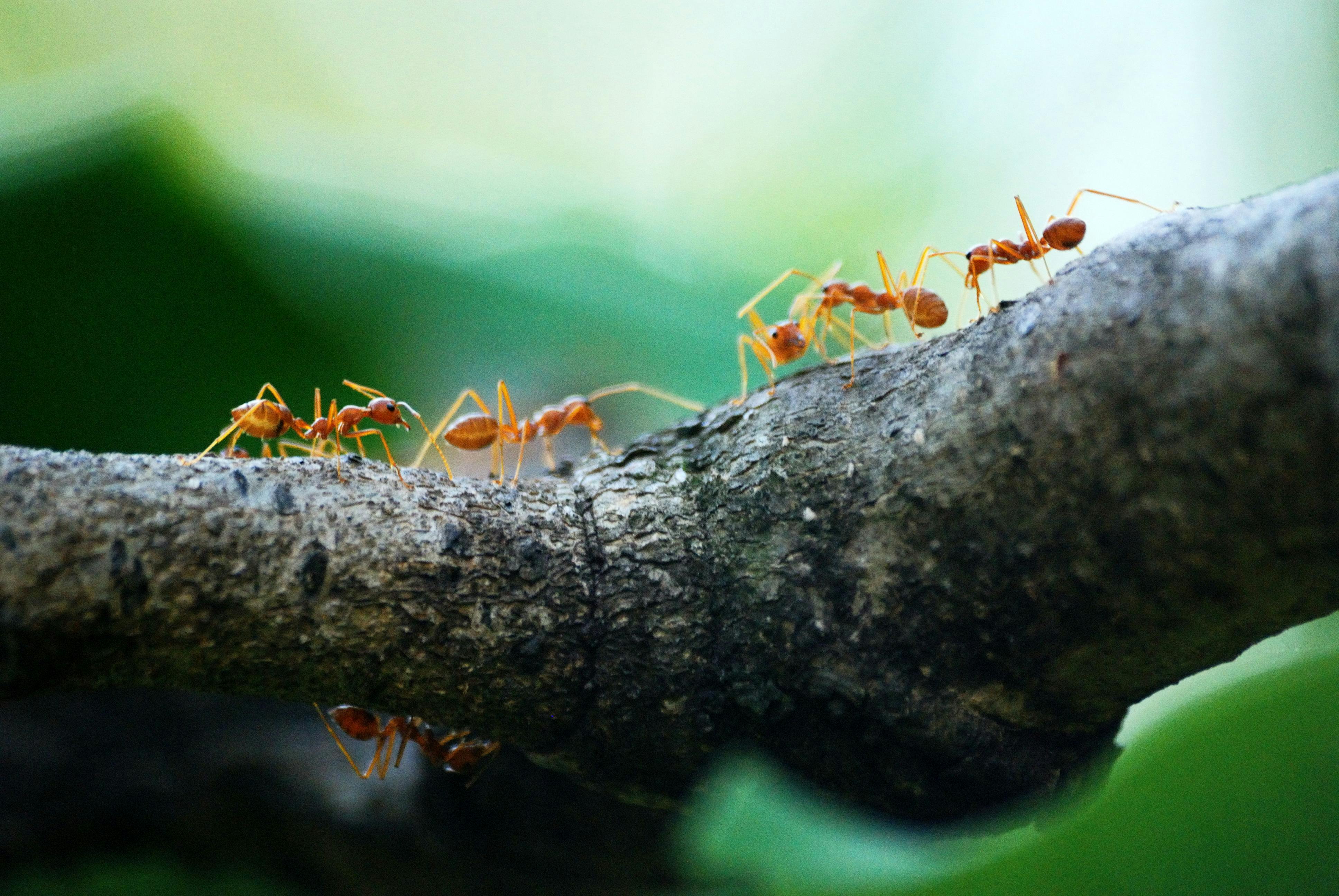Discovering the Fascinating World of Leafcutter Ants
In the vast and diverse kingdom of insects, leafcutter ants stand out for their complex social structure and incredible farming abilities. These tiny creatures, renowned for their industrious nature, have been captivating scientists and nature enthusiasts for decades. This article delves into the intricate world of leafcutter ants, shedding light on their history, recent scientific discoveries, and the potential impacts their behavior might have on human societies.

Delving into the History of Leafcutters
Leafcutter ants, scientifically known as Attini, belong to one of the oldest ant families, dating back over 50 million years. These fascinating insects are found primarily in South and Central America, thriving in various habitats from rainforests to grasslands. Unlike many other insect species, leafcutters have developed a unique system of agriculture, cultivating their own food in underground gardens.
Leafcutters: Masters of Agriculture
Leafcutters are often referred to as nature’s farmers due to their unique symbiotic relationship with a specific type of fungus. They meticulously cut leaves and carry them back to their colonies. The leaves serve as a substrate for the fungus, which the ants cultivate in their underground gardens. This fungus serves as the primary food source for the colony, demonstrating an intricate system of agriculture that predates human farming.
Recent Discoveries and Updates
Recent research has revealed that leafcutters are even more advanced than previously thought. Scientists have discovered that certain ant colonies utilize a form of ‘composting’ to optimize the growth of their fungus gardens, adding to the complexity of their agricultural system. They also possess advanced communication methods, allowing them to coordinate their efforts effectively. These findings offer exciting new insights into the behavior and capabilities of these tiny creatures.
The Potential Impact of Leafcutter Ants
While leafcutters are often admired for their industrious nature, their agricultural activities can have significant impacts on their local environments. They play a crucial role in nutrient cycling, contributing to soil fertility. However, in some areas, they are also seen as pests, damaging crops and plantations. The estimated damage caused by leafcutter ants in agriculture is in the millions of dollars annually, highlighting the significant impact these small creatures can have.
The Future of Leafcutter Research
As we continue to uncover the secrets of leafcutter ants, there is a growing interest in applying their agricultural techniques to human farming practices. Research into their advanced composting methods, for example, could offer valuable insights for sustainable agriculture. With their unique social structure and complex farming system, leafcutter ants continue to captivate scientists and nature enthusiasts alike, promising many more fascinating discoveries in the future.
In conclusion, leafcutter ants are a testament to the wonders of nature, demonstrating an intricate social structure and advanced farming techniques that continue to intrigue and inspire. As we delve deeper into their world, we can only wonder what other secrets these tiny creatures hold, and how their insights might shape our understanding of agriculture, ecology, and social organization in the future.




